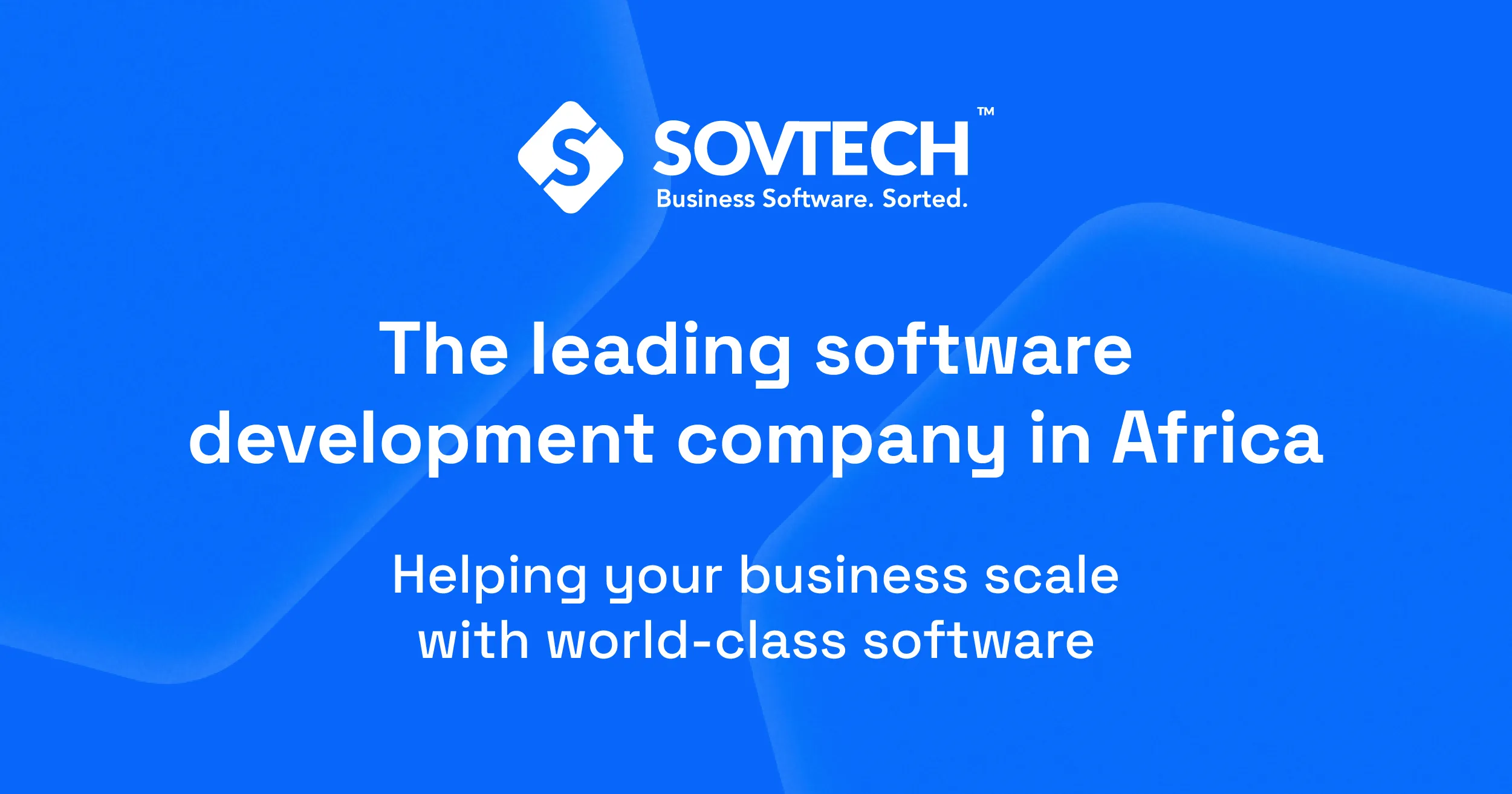How Artificial Intelligence is Transforming Business Operations
In recent years, the rapid advancements in artificial intelligence (AI) technology have led to a transformative impact on various industries, with business operations standing at the forefront of this revolution. AI is not just a futuristic concept anymore; it is already reshaping how businesses operate, strategize, and make decisions. From enhancing efficiency and accuracy to uncovering valuable insights, AI is becoming an integral part of modern business operations. Software developers.
In this article, we will explore the ways in which AI is driving significant transformations in business operations across different sectors.
1. Data-Driven Decision Making
One of the most profound impacts of AI on business operations is its ability to enable data-driven decision making. AI algorithms can analyze vast amounts of data quickly and accurately, providing valuable insights that help businesses make informed decisions. From predicting consumer behavior to identifying market trends, AI-powered analytics empower organizations to adapt their strategies in real-time, enhancing their competitive edge.
2. Process Automation
AI-powered automation is revolutionizing routine and mundane business tasks. Robotic Process Automation (RPA) powered by AI can handle repetitive tasks with precision, reducing human errors and increasing operational efficiency. This allows employees to focus on more strategic and creative tasks that require human ingenuity, thus leading to higher productivity and job satisfaction.
3. Customer Service and Personalization
AI-driven chatbots and virtual assistants are changing the landscape of customer service. These intelligent systems can engage with customers 24/7, answering queries, providing assistance, and even processing transactions. Natural language processing (NLP) enables chatbots to understand and respond to customers’ queries in a conversational manner, enhancing customer experience and reducing response times. Furthermore, AI can analyze customer data to personalize interactions and recommendations, improving customer satisfaction and loyalty.
4. Supply Chain Optimization
AI is transforming supply chain management by enhancing visibility, predicting demand, and optimizing logistics. With AI-driven predictive analytics, businesses can anticipate fluctuations in demand and adjust their inventory levels accordingly, reducing excess stock and stockouts. Additionally, AI algorithms can optimize delivery routes, reducing transportation costs and improving delivery times, ultimately leading to a streamlined and cost-effective supply chain.
5. Risk Management and Fraud Detection
AI plays a crucial role in identifying potential risks and detecting fraudulent activities. Machine learning algorithms can analyze historical data to identify patterns associated with fraudulent behavior, helping businesses prevent financial losses and maintain their reputation. Moreover, AI can continuously monitor transactions in real-time and flag suspicious activities, providing an additional layer of security.
6. Product and Service Innovation
AI-driven insights can spark innovation by revealing unmet customer needs and emerging market trends. By analyzing consumer feedback, social media interactions, and online behavior, businesses can identify areas for product or service improvement and create offerings that resonate with their target audience. This proactive approach to innovation gives companies a competitive advantage and drives customer loyalty.
7. Human Resources and Talent Management
AI is transforming the way businesses manage their workforce. Through AI-powered tools, organizations can screen resumes, conduct initial interviews, and predict employee performance based on historical data. AI-driven employee analytics can identify skill gaps and training needs, enabling businesses to develop targeted training programs and ensure that their workforce remains competitive and adaptable.
8. Financial Analysis and Forecasting
AI algorithms can analyze financial data with remarkable accuracy, facilitating better financial planning and forecasting. Businesses can use AI-powered tools to predict revenue trends, manage cash flow, and make informed investment decisions. This is particularly valuable for businesses operating in rapidly changing environments, enabling them to navigate uncertainty more effectively.
Conclusion
Artificial Intelligence is revolutionizing business operations by enabling data-driven decision making, automating processes, enhancing customer experiences, optimizing supply chains, managing risks, driving innovation, transforming human resources, and improving financial analysis. As AI technology continues to advance, its integration into various facets of business operations will become increasingly common. Embracing AI-driven transformations will not only improve efficiency and competitiveness but also open up new avenues for growth and value creation in an ever-evolving business landscape.



